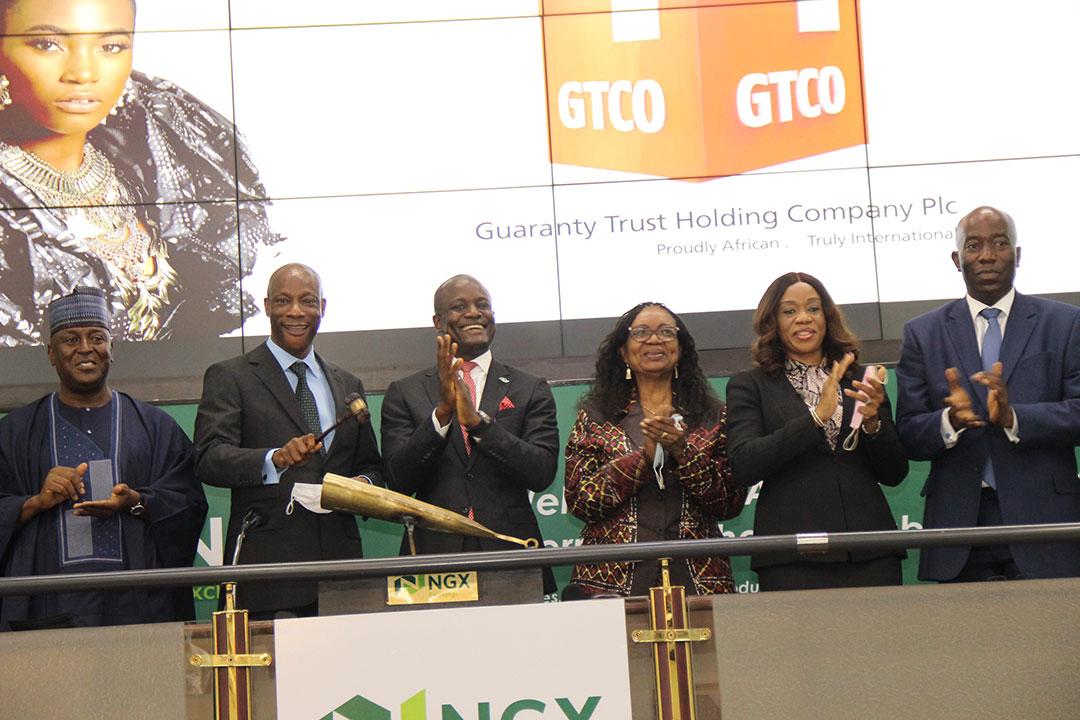The Organised Private Sector (OPS) may be considering withholding remittances of the Value Added Tax (VAT) to the collecting agency following the controversy over who has the right to collect the consumption tax.
It would be recalled that the Rivers State government obtained a judgment from a Federal High Court in Port Harcourt granting the state power to collect VAT and income tax against the prevailing norm of the consumption tax collection by the Federal Inland Revenue Service (FIRS).
Lagos State also followed Rivers State by enacting its own VAT Law. Since then, some states had also expressed their readiness to also enact laws to enable them to start collecting VAT as well.
But the FIRS last week obtained a ruling of the Appeal Court asking all parties to the issue to maintain status quo ante, which has been interpreted by parties concerns in the case in various ways to suit their position.
However, representatives of the OPS which included the Lagos Chamber of Commerce (LCCI), the Nigerian Employers’ Consultative Association (NECA) and the Nigerian Association of Chambers of Commerce, Industry, Mines and Agriculture (NACCIMA) have called on the federal government to act fast in addressing the raging VAT controversy between the FIRS and some state governments.
The Director-General of the NECA, Timothy Olawale, said businesses should not remit their VAT until the matter is finally dealt with in the court of law.
“In this regard, an employer (business firm) can open an Escrow Account for the money, which must be different from other accounts of the company.
“This should be remitted upon the final judgment of the court, as it appears that the case could get to the Supreme Court,” adding that “the FIRS and the states’ Inland Revenue Services should be notified of this development officially,” Olawale was quoted by THISDAY as saying.
He said the concern of businesses, “is basically who to remit deducted VAT to due to the pending appeal in order to avoid penalties and double payment.”
He also advised that firms could, “approach the court by way of interpleader proceedings to determine to who they should remit the deducted VAT.”
An interpleader, according to Olawale, “is a process whereby somebody in possession of anything i.e. money, properties, etc, and he is not the owner. But two or more people are laying claim to that money or property. The person in possession approaches the court to determine who that money or property should be given to or how it should be handled or what should be done.”
The Director-General of NACCIMA, Ayo Olukanni said that “the contention over VAT has introduced uncertainty into the business space and it is our hope that it will be resolved definitively and quickly.”
Similarly, the Director-General of LCCI, Chinyere Almona, stated that the first concern of the chamber, “is the confusion that businesses face as to who is in charge of VAT collection. This is not healthy for the business community and planning.”
Almona stated that businesses should not be subjected to unnecessary hurdles and made to pay the same tax twice from different agencies and urged “the federal government to urgently establish an understanding with states on what is best for the nation and businesses.
She noted that VAT was introduced in 1993 to replace the sales tax in the states. With an initial sharing formula original formula allocated 50 percent to the federal government, 35 percent to the state governments, and 15 percent to local governments.
But this was altered in January 1999 when the formula was adjusted to be 15 percent to the federal government, 50 percent to state governments, and 35 percent to local government.
“Presently, the states and local governments share their allocations using the factors of equality 50 percent; population 30 percent and derivation 20 percent.
“We advise that the current sharing formula for the states and local governments be adjusted using the factors of equality 20 percent, population 30 percent, and derivation 50 percent going forward. This arrangement should be agreeable to all concerned parties.
“This can drive innovation on revenue generation in all the states towards increasing their internally generated revenue. It will also make the states more sensitive to the needs of businesses in their respective States, knowing that an enabling business environment is likely to boost tax revenues,” Almona said.


 Naira4 weeks ago
Naira4 weeks ago



 Naira4 weeks ago
Naira4 weeks ago
 Billionaire Watch4 weeks ago
Billionaire Watch4 weeks ago






 Naira4 weeks ago
Naira4 weeks ago


 Naira3 weeks ago
Naira3 weeks ago






 Naira3 weeks ago
Naira3 weeks ago
 Economy4 weeks ago
Economy4 weeks ago


 Naira3 weeks ago
Naira3 weeks ago













